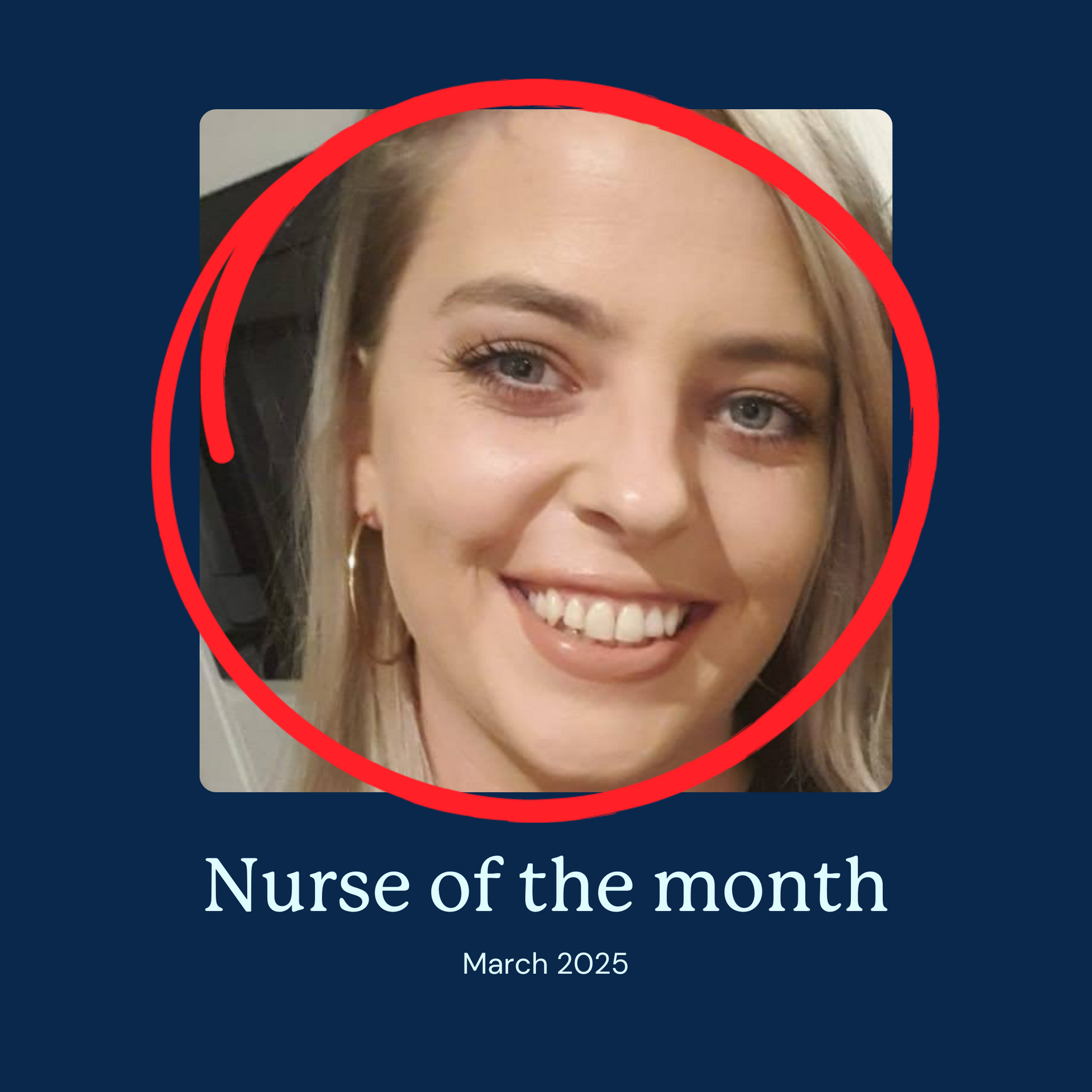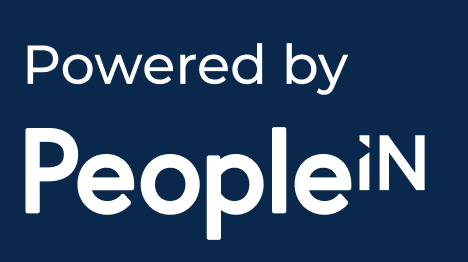The ultimate guide to working as a nurse in Queensland

Are you looking for a career that allows you to follow your passion for caring for others? Then you’ll love nursing. It’s a rewarding career where you’ll work with a wide variety of people helping them improve their quality of life.
Nurses are a vital part of Queensland’s healthcare system, being the primary carer for patients and the go-to person for their families. You’ll need to have fantastic people skills, as you provide fundamental care and treatment to patients, while juggling the emotions of the patient as well as their families and loved ones, in what is often a very difficult and stressful time for all involved. It takes a special kind of person to be able to navigate these challenges but it is one of the most rewarding careers for people who love to help other people.
Ok, so you want to become a nurse, but how do you get started working as a nurse in Queensland? Luckily, we’ve got this extensive guide to working as a nurse in Queensland. You’ll learn how to get started, the different types of nurses, specialisations, where you can work, who you can work for, and much more.
So, keep reading to find out!
Table of contents
1. How to become a nurse
2. Types of nurses
3. Nurse specialisations
4. Work locations
5. Who you can work for
6. A few extras to know
7. Conclusion

How to become a nurse
There are a few different pathways you can take to become a nurse. Each path will result in a different level of qualification. But you can always go back and study more to achieve a higher level of qualification when you have the time. Once you’re done studying a bachelor’s degree in nursing you’ll also be registered with AHPRA, which involves further training to maintain. You can learn more below!
TAFE
The first step for many people on their journey to becoming a nurse is through TAFE. There are many pathway options available here that allow you to achieve different levels within the nursing career. These include Certificates, TAFE Diplomas, and advanced-level Diplomas.
One option for those looking to get started quickly in nursing is by completing a Certificate III in Health Services Assistance. With this, you’ll be able to work as an Assistant in Nursing (AIN). It’s a 6-month course completed through TAFE Queensland and includes a placement in a healthcare facility to provide you the practical skills essential to working as an AIN.
Another option is a Diploma of Nursing. This 18-month course will give you the educational requirements you need to work as an Enrolled Nurse (EN) in most facilities across Queensland. It’s a full-time course delivered by TAFE Queensland that requires 400 hours of supervised clinical placements within healthcare facilities covering all practical skills across multiple scopes of practice.
If you’re looking to complete further study with TAFE, some institutions offer a Graduate Diploma in Advanced Nursing, but this tends to be conducted in states outside of Queensland.
University
If you’re looking for further study beyond what is available at TAFE, then your next step is university. All major universities have fantastic healthcare programs that allow you to learn the ins and outs of nursing and even find a specialisation that you like.
To get into nursing through university your first step is a Bachelor of Nursing. This 3-year course is perfect for anyone wanting to become a nurse or for EN’s and AIN’s looking to upskill their existing knowledge and further advance their careers to become a Registered Nurse (RN).
You can also further diversify your career by choosing to complete a double degree in specialisations like Behavioural Science, Paramedicine or Public Health. While studying for a Bachelor of Nursing, student nurses are eligible to work as AIN’s upon successful completion of their first clinical placements. This allows students to earn an income while they study and do so in an industry that they a passionate about while benefiting their study at the same time.
AHPRA
When you become a qualified nurse (RN or EN) in Australia you’ll need to register with AHPRA, the regulating body for Australia’s healthcare practitioners. AHPRA’s role is to ensure nurses working in our healthcare facilities are working to set policies and standards that protect the health and wellbeing of the public.
Once registered with AHPRA, all nurses must maintain their registration. This will involve ensuring your annual training modules are kept up to date, clinical experience remains consistent and at times, further study. This could be short courses to expand your existing skillset and experience, or learning all new skills or changing your nursing specialty.
Think of the AHPRA requirements as an opportunity for you to update your skills and advance your career. The more skills, knowledge, and experience you have, the more desirable nurse you become to healthcare facilities. Generally, senior nurses have a wider variety of clinical experience and have completed further study in different nursing fields to gain this experience.

Types of nurses
There are a lot of different types of nurses with various levels of qualifications, specialisations and more. This is because a nurse's work environment can span various geographical locations as well as types of healthcare facilities, including hospitals, clinics, aged-care homes, schools, universities and so much more.
This kind of diverse working environment calls for an equally diversly skilled nursing workforce to meet the demand across all these different healthcare environments. When choosing the type of nurse you want to become there are a few things to keep in mind:
1. All nurses are in demand, so you’ll likely find work as a nurse at a healthcare facility or nursing agency[AR1] .
2. The type of nurse you want to become changes the type of work you’ll be doing. While there is some crossover between the types, there’ll be specialised tasks that each type will be called to perform.
3. You can always move to another type of nursing. Whether you want to take a step up in your career, or specialise, there are a tonne of courses available to help you get to where you want to go.
So, with all this in mind, let’s dive into 6 of the most common types of nurses in Queensland.
Assistant in Nursing (AIN)
First up is Assistant in Nursing, also commonly referred to as an AIN. Technically, AINs are not nurses. However, they perform nursing duties under the direct supervision of a registered nurse. Typically, these duties include assisting patients with personal hygiene, showering and toileting, mobility assistance, accompanying them on outings, and providing clinical support to the overseeing Registered Nurse.
AINs often go by other names like aged care worker, personal care assistant, , or health services assistant. This highlights the variety of work and facilities that AINs often work in.
It’s quite common for nursing students to start working as an AIN. Once nursing students have commenced and completed their first clinical placement they are usually eligible to work as AINs across most healthcare settings. For nursing students, they can then gain on-the-job experience in healthcare, while fitting shifts around their university schedule.
Of course, it’s not just for uni students, with many great AINs making a career out of it. If you are passionate about helping people and want to make a difference in others’ lives, then becoming an AIN is a great place to look.
Enrolled Nurse (EN)
Enrolled Nurses (EN) are second-level nurses who also work under the supervision of a Registered Nurse. However, this supervision can be indirect or direct, depending on their responsibilities. ENs are far more responsible for their actions and are allowed greater levels of autonomy to provide nursing care to patients than AINs and as such are required to be registered with AHPRA.
ENs will perform a wide variety of tasks, depending on the facilities that they’re operating in. These tasks may include observing, measuring and recording vital signs reporting changes in patient condition to doctors, assisting in hygiene and comfort, first aid duties, and supporting the Registered Nurse with medication administration and checks.
Becoming an EN is both the perfect stepping stone into nursing and the perfect career path depending on your goals. Generally, ENs will have completed at least a Diploma in Enrolled Nursing, or similar. If you then want to take your career further, you can enrol to study further at University. It’s up to you!
Registered Nurse (RN)
Registered nurses, often just shortened to RN, are nurses who are held at a higher level of responsibility than other nurses. They are required to be registered with AHPRA, need to complete regular training, and will hold a more senior role in healthcare facilities.
Generally, an RN's responsibilities include medication administration, assessing and managing patients' clinical reactions, as well as more complex and specialised nursing care duties. They’ll work with, and supervise, AINs and ENs as a part of their team. As they must meet national competency standards, RNs have far greater levels of responsibility and autonomy in the work they do.
To become an RN, you need to complete study at university. Generally, this is a Bachelor of Nursing. But you’ll also need to complete ongoing studies to maintain your license and registration with AHPRA. This keeps you up to date with the latest practices to ensure you’re providing the best care possible.
Clinical Nurse
Clinical nurses are RNs, holding all the same duties, responsibilities and AHPRA requirements. However, the key difference is that Clinical Nurses are specialised. They will have undertaken extra study in a specialised field of healthcare and will have gained experience in that field.
Clinical nurses become the resource person for other RNs within a facility. They use their experience, extra knowledge, leadership skills, and advanced problem-solving abilities to enhance the quality of care for patients within a healthcare facility. Within this role, they’ll plan patient care, perform advanced clinical skills, and take an active role in mentoring less experienced staff.
Midwife
Midwives are specialised health professionals who provide support, care and advice to women during pregnancy, labour, and the postpartum period. They are a central part of women’s health and hold a lot of responsibilities.
Their responsibilities include conducting births, providing care for newborns, supporting mothers, and advising them on how to care for their newborn. They’re also able to detect complications and carry out emergency measures that can happen during childbirth. With these responsibilities, Midwives are generally given a large degree of autonomy to support their patients as best they can.
Midwives have their own licensing under the Nursing Act to practice midwifery in Australia, which has its own guidelines to follow. Registered Nurses can complete further study to become a Midwife, or if you know that Midwifery is for you, you can enrol into a Bachelor of Midwifery.
Nurse Practitioners
Fulfilling an advanced role in the healthcare system, Nurse Practitioners are registered nurses who have been further authorised to work in an extended clinical role. They tend to function autonomously or collaboratively with their team, depending on the situation.
The nurse practitioner delivers innovative and flexible healthcare solutions that complement the work of other healthcare providers. In this role, they can provide patients with direct referrals to other healthcare providers, prescribe medications, and order diagnostic investigations. Nurse practitioners have greater levels of responsibility over their patients and are required to complete more advanced problem-solving tasks than other nurses.
To become a nurse practitioner, a registered nurse will typically need to undertake a further 1.5-3 years of study, complete other qualifications, hold a current practising certificate, have a minimum of 3 years post-registration experience in a specialty area, and a signed ‘Clinical Support’ form. The Clinical Support form showcases that your employer is willing to facilitate extended components of your course within their workplace.

Nurse specialisations
Nurses don’t just provide general support and care in hospitals or other healthcare facilities, they’re able to specialise in a variety of fields. There are a tonne of different fields available to nurses including aged care, mental health, education, emergency care, prison nursing, theatre nursing, critical care, acute care, family practice, and so much more.
Following a specialisation allows you to work in an area of healthcare that you’re passionate about. You’ll be able to work with people who share your passion and learn from their experiences. At the same time, you’ll be solving unique challenges each day in your specialisation that will help you gain more experience and widen your knowledge.
To become a specialised nurse you’ll generally need to undertake extra study, such as a postgraduate certificate in your chosen area of specialty or even a master's degree. But once that has been completed you can dive into roles that follow your preferred specialisation.

Work locations
In Queensland, you’ve got a wide choice of different locations to work in. From big cities to small towns, coastal cities, to country towns. There’s so much variety in the scenery, parts of the country and facilities that you can work at as a nurse. The best part is that there’s a huge demand for nurses across the entire state, so you can pick and choose where you work.
Let’s break down a few of these locations and what you’ll find at them.
Metropolitan
Metropolitan locations in Queensland refer to the state’s three largest cities. Brisbane, Gold Coast, and Sunshine Coast all offer a unique experience for nurses. They have their own cultures, work opportunities, and lifestyles. So, it’s important to get to know them and see which one you prefer before making your choice. FCC primarily focuses on Brisbane and the Sunshine Coast in the metro space.
Brisbane
First up, the largest city, Brisbane. This is a city with big city amenities, bustle, and culture. You’ll find art, food, live music, festivals, and bars everywhere. Brisbane also has a family-friendly side with great schools, large parks, shopping centres, and quaint cafes. It’s perfect for those seeking fun and a family-friendly lifestyle.
In terms of opportunities, Brisbane has the largest public hospitals in the state and hires the most nurses. You’ll also find a large number of private healthcare facilities with the same demand for nurses as their public hospital counterparts. There are opportunities to expand into any specialty, whether that be acute care, theatre nursing, prison nursing, or more.
Gold Coast
Gold Coast is characterised by its laid-back, beach-side lifestyle. It’s a very popular tourist town, which means that it has a tonne of things to see and do. There are gorgeous beaches, awesome theme parks, a huge new arts precinct, shopping, sports, food, bars, parks, putt-putt, and so much more. If you’re looking for a city that has a lot to do, then you’ll enjoy the Gold Coast.
As the Gold Coast is a growing city there are a lot of new healthcare facilities, built to handle the influx of people. This means that the city has some incredibly modern healthcare facilities with the latest technology for you to work with. A big aspect of healthcare on the Gold Coast is aged care. The city has one of the highest portions of people over 60 in the country, so requires a lot of nurses to help the city’s senior citizens. So, if you love aged care then the Gold Coast is a great place to look.
Sunshine Coast
If you thought the Gold Coast was laid back, wait until you see the Sunshine Coast. It’s the laid-back hippy city of South-East Queensland. You’ll find local markets, crafts, quaint mountain towns, and gorgeous beaches. It’s a small, spread-out city, with a lot of things to love.
For nurses, it offers an unparalleled lifestyle. You can go to the beach in the morning and then go to your shift in the afternoon. You’ve also got some excellent opportunities as a nurse in hospitals, other healthcare facilities, and aged care. It’s a small city with lots of things to do for nurses outside of work no matter your hobbies or interests.
Regional Towns
Queensland is filled with gorgeous regional towns. There are larger coastal towns like Cairns, Townsville and Mackay, that offer relaxed coastal living with plenty of opportunities for nurses. You can easily spend time at the beach, take a stroll through the seaside shops, and then drive to work with very little traffic in your way. It’s perfect for anyone who loves ocean breezes and a laid-back beach lifestyle.
If you want to experience the country air, then you’ll find some of the prettiest places in Australia in country Queensland. There are incredible country towns like Toowoomba, Roma, Mount Isa, and Dalby which offer country air, gorgeous scenery, and a wonderful sense of community. This is on top of the exciting opportunities available to nurses in these towns.
Remote locations
There are a lot of places outside of rural towns that need a nurse. This includes remote locations like indigenous communities, small towns, and more. You’ll live on-site and fulfil the nursing needs of the communities or workers.
Here you’ll explore often not seen parts of the country. It’s the perfect way to get to new locations that you may never have seen otherwise as they’re off the beaten path. If you love exploring new places and making a difference in people’s lives, then it’s the perfect opportunity for you.
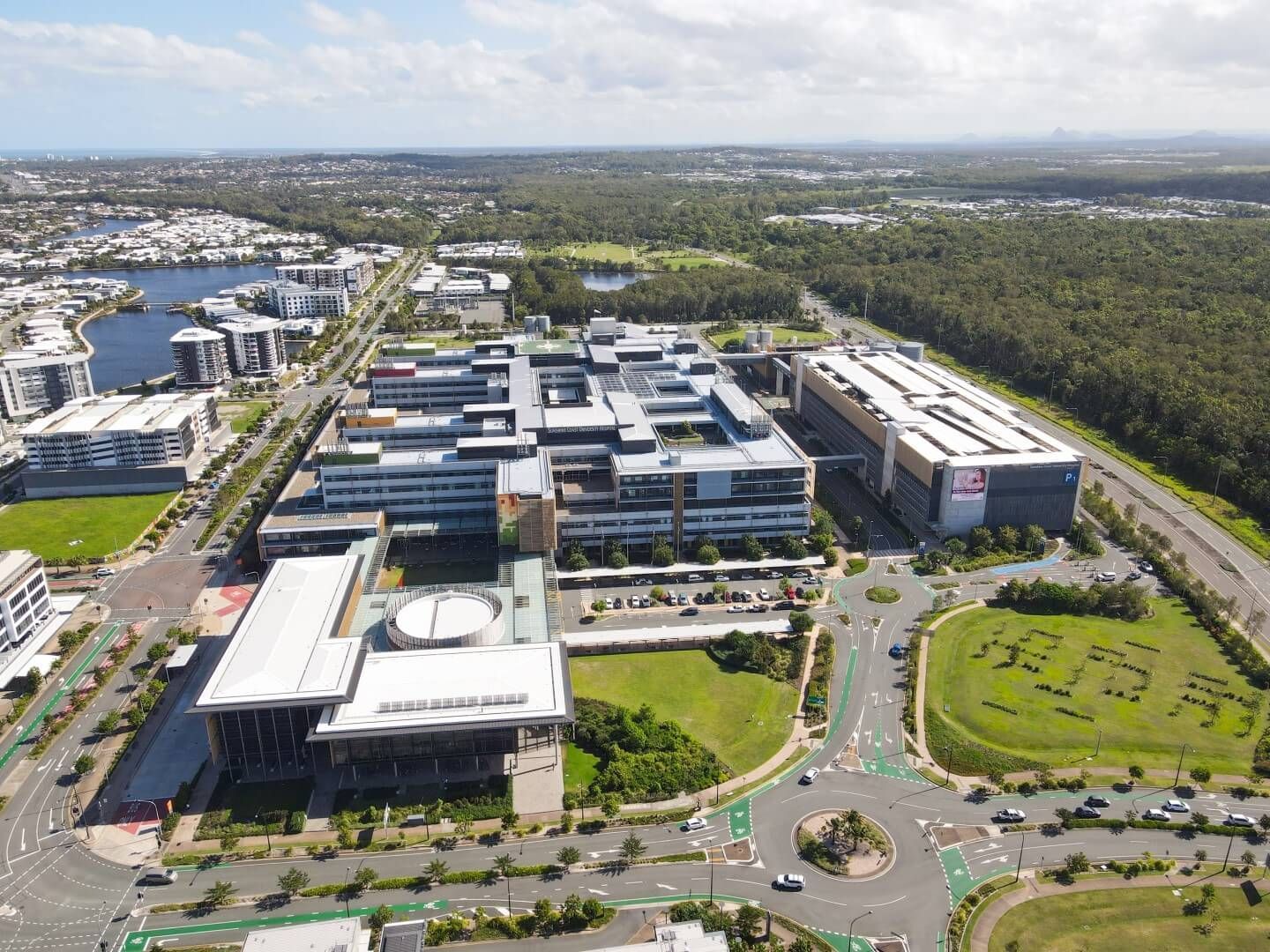
Who you can work for
In Queensland, there are a wide variety of employers for nurses. You’ve got options at public health, private facilities, and nursing agencies. There are even roles you may not expect like at private companies who require healthcare staff. This variety of employment options has led to a competitive market for nurses, so you’ll find some great salary offerings and more across the state.
Here are the primary employers you may encounter.
Public Healthcare Facilities
Some of the larger employers of healthcare staff are public healthcare facilities. This covers a wide variety of facility types such as hospitals, clinics, prison health and community facilities. As there is a lot of demand for their health services, they are constantly on the lookout for new nurses, so there are a lot of opportunities to work in public health.
While there may be a lot of jobs, they are highly competitive. It’s an extremely desirable space for nurses to work in so there is a lot of competition for every position. This makes it challenging to enter public health.
But there is an alternative. If you’re looking to work in public health facilities another option could be a nursing agency. Agencies often work with a variety of public facilities to fill empty shifts, giving nurses greater experience in the public healthcare space.
Private Facilities
When it comes to Queensland’s private healthcare facilities you’ve got a much wider array of options. There are private hospitals, GPs, schools, mines, resorts, and so much more. You will find healthcare jobs in some places you wouldn’t expect.
Of course, with private facilities, you get a tonne of variety when you’re job hunting, which is incredibly exciting. But once you’re employed by one facility directly, there is less flexibility and room for change compared to working with a nursing agency.
Nursing Agency
A middle ground, best of both worlds option, is Agency Nursing. You’ll have the flexibility to work in both public and private facilities in metro and rural & remote locations. Just choose the shifts you want to do in your preferred locations and at the preferred time to make your own schedule. It’s perfect for anyone looking to take control of their career and work the shifts they want, when and where they want.
As an agency nurse, you’ll be supported by your agency to develop your career the way you want to. You can access training, experience multiple different types of healthcare facilities, and establish a diverse clinical network of colleagues and potential future permanent employment opportunities. The pay is also excellent, as you are employed as a casual. This does mean less certainty of shifts and no paid leave. However, if you want flexibility, choice in shifts and work/life balance then you can’t look past agency nursing.

A few things to know
Nursing is a career that has a long-lasting impact on your patients, those you work with, and yourself. It’s a career that requires a lot of love and passion. At the same time, it’s a career that is extremely rewarding for those who love helping people.
If you’re new to nursing or nursing in Australia there are a couple of things you should note about the profession. We’ve laid out our top 5 things to keep in mind about nursing in Queensland below.
Burnout
Burnout is a real risk and challenge in nursing. There are high days and low days in nursing and it can be tricky to separate yourself from the lows. Add to that a large amount of overtime and busy schedules. It’s no wonder nurses are feeling more and more burnt out.
But that’s where the bad news ends. You can combat burnout by ensuring you take time out for yourself. Aim for flexibility, so you can move your shifts around your life and focus on keeping your mind happy and healthy. Take up healthy habits like meditation, mindfulness, yoga, and healthy eating to help maintain your energy and give your mental health a boost.
Attitude and culture
Developing great interpersonal skills is important to being a nurse. You’ll need to build good relationships with patients, doctors, and other members of the multidisciplinary teams. A professional and caring attitude with effective communication skills is critical to ensuring the best health outcomes for your patients.
Culture goes a long way to making nurses feel valued and happy in their careers. The culture of nursing has shifted over the years, but now facilities are investing resources to improve the culture within the industry, championing inclusivity, harmony and safe work environments for all nursing professionals.
Diversity
Nursing is an extremely diverse space. You’ll work with nurses who come from all over the world. It’s great for sharing experiences and ideas while uncovering new things that improve your skills.
Male nurses make up about 10% of the nursing workforce currently, leaving nursing a female-dominated industry. The number of male nurses is increasing though, as more men are realising what an amazing and challenging career nursing is.
Shift work
As a nurse in Queensland, you’ll be doing a lot of shift work. This means night shifts, day shifts, last-minute shifts, and much more. It’s common practice across the world for nurses to work in shifts. Generally, these shifts are 8 hours long with the option to extend the shift to 10 hours if you wish to work overtime.
If you’re looking for a little more flexibility, agency nursing allows you to pick and choose the shifts you want, where you want. You can build your week of work around your schedule, improving work/life balance.
Nurse-to-patient ratios
In Australia, there is a lot of attention put towards increasing the nurse-to-patient ratios. This is because patient safety suffers when nurses are overworked or burnt out. With the goal of decreasing overwork in mind, the Australian Nursing and Midwifery Federation often lobbies for higher nurse-to-patient ratios.
Patient-to-nurse ratios in Queensland were updated in 2016 for public facilities to improve working conditions for nurses. The ratios are now one nurse to four patients (1:4) for morning and afternoon shifts and one nurse to seven patients (1:7) for night shifts. That means in a ward of 28 patients there would need to be 7 nurses on a morning and afternoon shift or 4 nurses on a night shift.
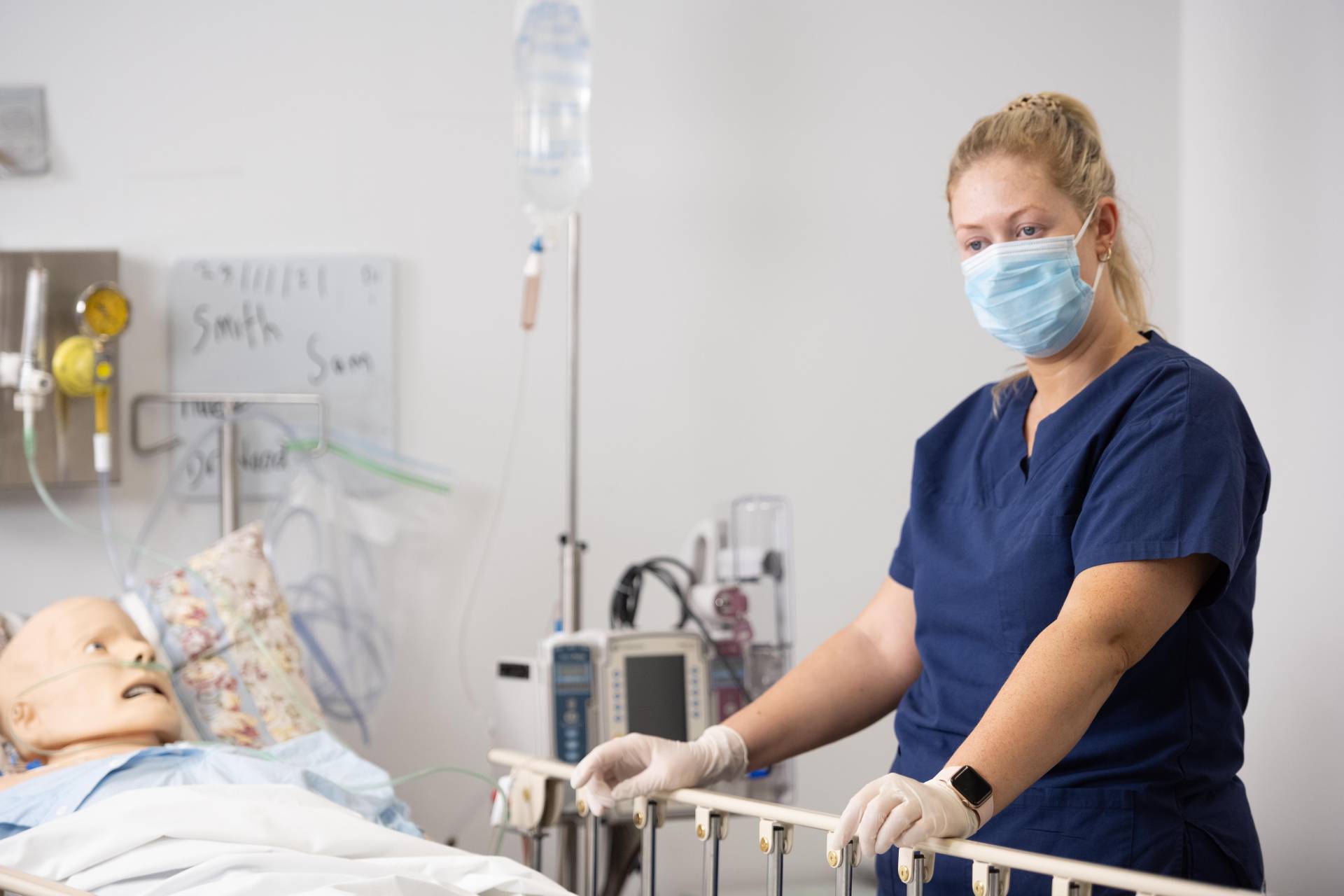
Conclusion
Nurses are an incredibly important part of Queensland’s healthcare system. They transform the lives of the patients they care for and ensure the health system stays afloat. This role in the healthcare system makes it a challenging but rewarding career path.
There are a lot of different choices you can make in nursing to pursue your passions. You’ll find a wide range of specialisations, employers and locations to work in. It allows you to really make the career your own.
If you love nursing and are looking to give your career a refresh or take it to a new level, then agency nursing is calling you. You’ll get the flexibility you need to improve your work/life balance as well as a great hourly pay rate. Add to this the great support from our team to help you get the shifts that meet your needs, and you’ll be able to shape your career the way you want it. If this sounds awesome to you, reach out to FCC and register your interest.
More articles

